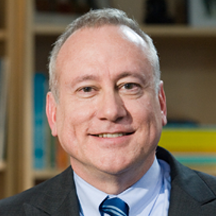What will it take to achieve an energy transition in MENA?
An energy transition will require a coordinated global shift in both the supply and demand for fossil fuels and cleaner energy. As explained in this post by the Center for Global Development, multilateral institutions can play an important role, helping to bolster international technology transfers to the Middle East and North Africa, as well as scaling up investment and trade in clean energy to facilitate the global energy transition. Given the potential in the region for solar power, MENA could remain a global hub – but this time for clean energy.


